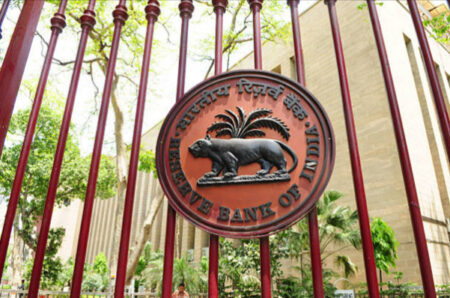Semiconductors continue to slow down the production of vehicles globally.
Retail sales of passenger vehicles increased by 39 per cent in August to 2,53,363 units, reported the Federation of Automobile Dealers Association (FADA). According to the Association, the sold units of passenger vehicles in August 2020 stood at 1,82,65.
Not just passenger vehicles but other vehicles witnessed a rise in sales too. Two-wheeler vehicle sales went up by 7 per cent to 976,051, about 60,000 more units than last year.
Commercial vehicles fetched 98 per cent more sales this August, selling out 53,150 units. Last year, the unit count stood at 26,851, half of the sales made in this current year’s August. Indian Express reported that three-wheeler vehicles saw an 80 per cent rise selling out 30,410 units last month.
The Federation of Automobile Dealers, in a statement, said that a lot of factors contribute to the efficiency of the automobile industry. The most highlighted being the chip and semiconductor shortage in India as well as other economies. The Hindu published the statement.
According to Information Handling Services (IHS), the shortage of auto semiconductor chips could impact millions of light vehicles at global units, according to Information Handling Services (IHS).
What is a semiconductor?
A semiconductor is silicon used to conduct electricity in various devices. They are vital for electronic gadgets and gizmos that run on electricity and various infrastructural appliances used in everyday life. Some ubiquitous semiconductors are gallium arsenide or antimonide, according to Hitachi High Tech Global.
How is it important?
According to a recent Times of India report, a shortage of semiconductor microchips led to the shutdown of car manufacturing plants. Due to the hike in demand for electronics like laptops, mobile phones, tabs, and automobiles, industrial supplies strained in the first quarter of 2021.
Asia, which is the biggest supplier of these chips, experienced a slowdown in production. Industry experts show concern as the need to build more chip manufacturing plants becomes necessary to tame the increasing demand.
In an interview with Economic Times, Dixon Tech CEO Saurabh Gupta said that the upcoming festive season would boost consumer demand, putting more pressure on the supply end.
He added that the government is taking the initiative to set up more plants given the coming situation. This shortage has caused an increase in automobile and electronic prices since 2020.
Maruti Suzuki India
Maruti Suzuki increased the prices of its vehicles for the fourth time this year. From September, selected cars will face an increment in their prices by 1.9 per cent. According to Autocar India, the price hike will range from Rs.1,000 to Rs.22,500, depending on the model.
Despite the price hike, India’s largest car making company Maruti Suzuki India recorded an increase in sales of its vehicles by 50 per cent. The July sales stood at 1,62,462 units, according to CNBC TV18.
This increase in sales even included mini cars like Alto and Wagon R. Their sales went up to more than 2000 (19,685) units than last year’s 17,258 units.
The company cited increasing prices of steel and other precious metals as significant reasons behind the price hike.
On the challenging situation between demand and supply of automobiles, FADA President Vinkesh Gulati said that dealers are bearing the pressure of increasing demand. In contrast, the production process is still crawling at a low pace. Increasing fuel cost has also impacted the vehicle industry.
Original Equipment Manufacturers (OEMs) have cut production due to the unavailability of ABS chips, semiconductors and high metal prices.
An article in Business Standard stated this festive season; customers might not get the vehicle of their choice at affordable prices. The high prices will prevent new buyers interested in spending in the automobile industry. This brunt increase will affect 2-wheeler demand too.












